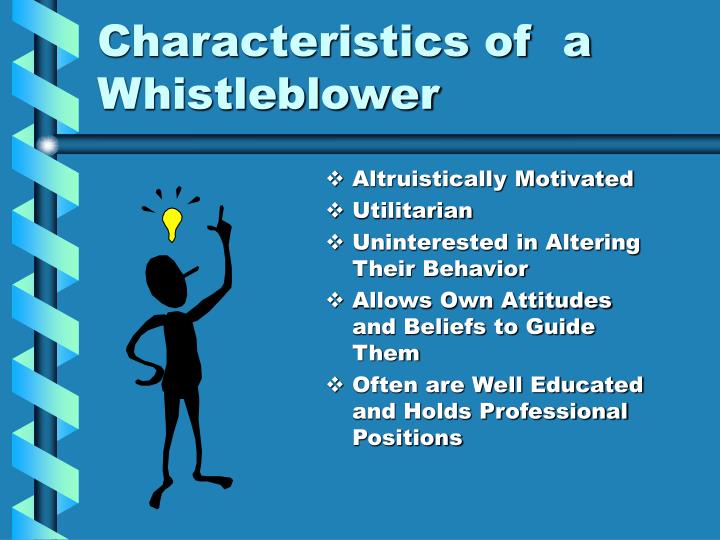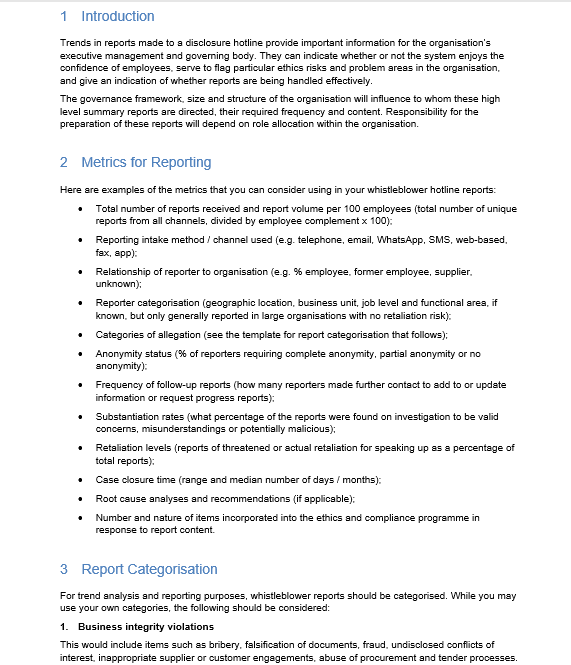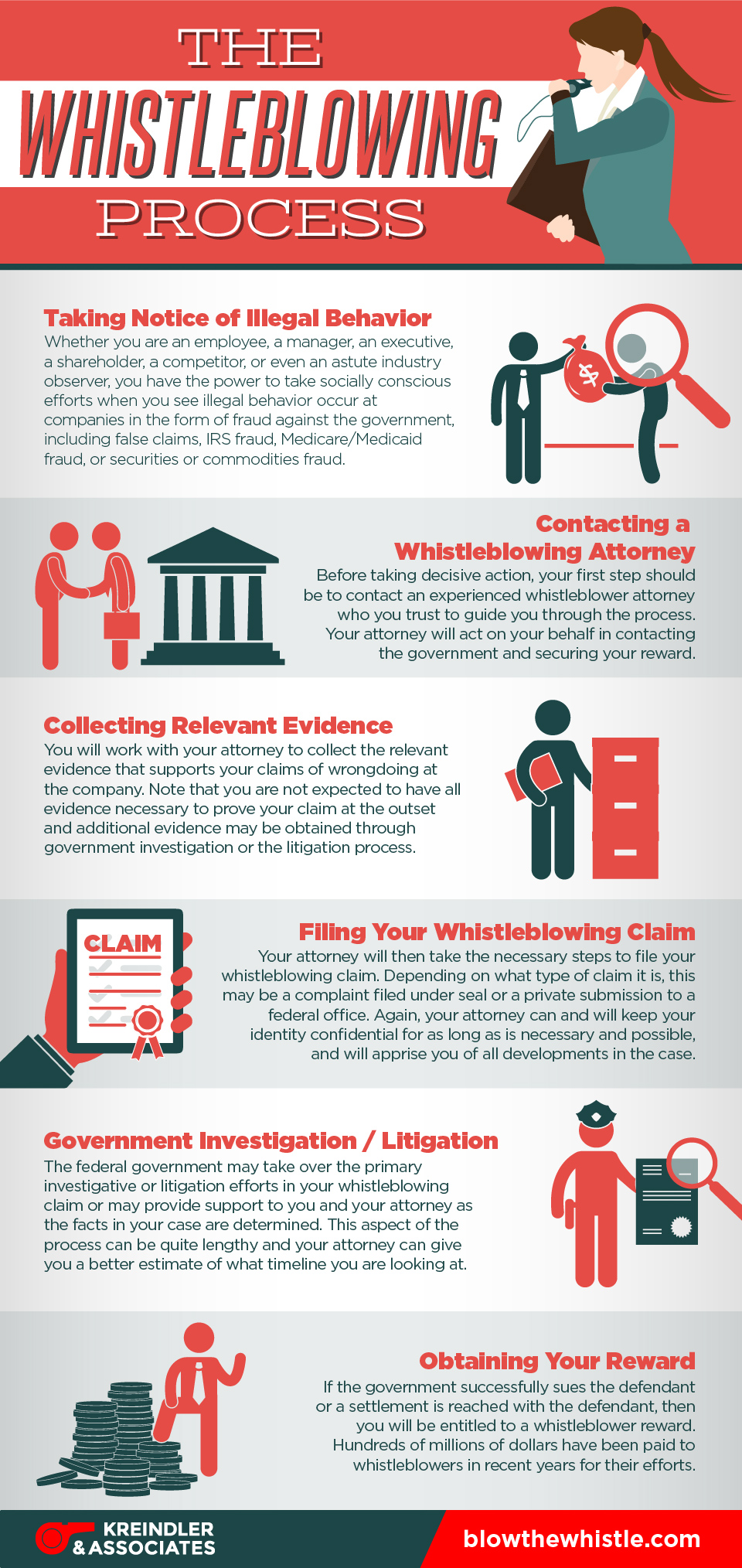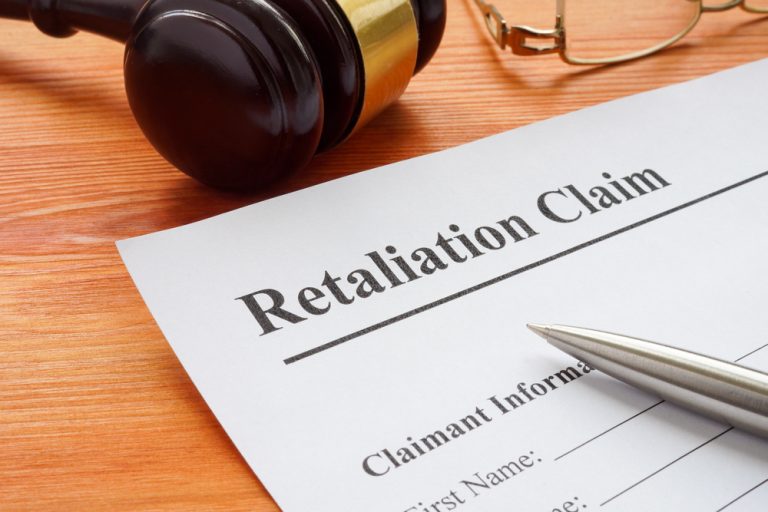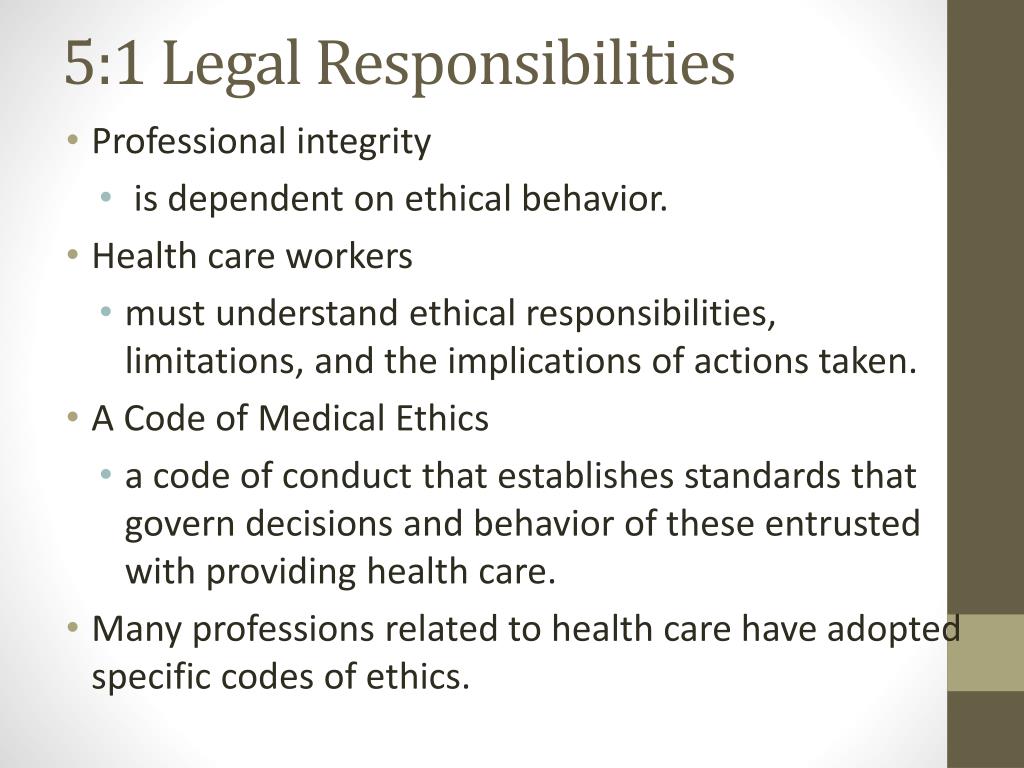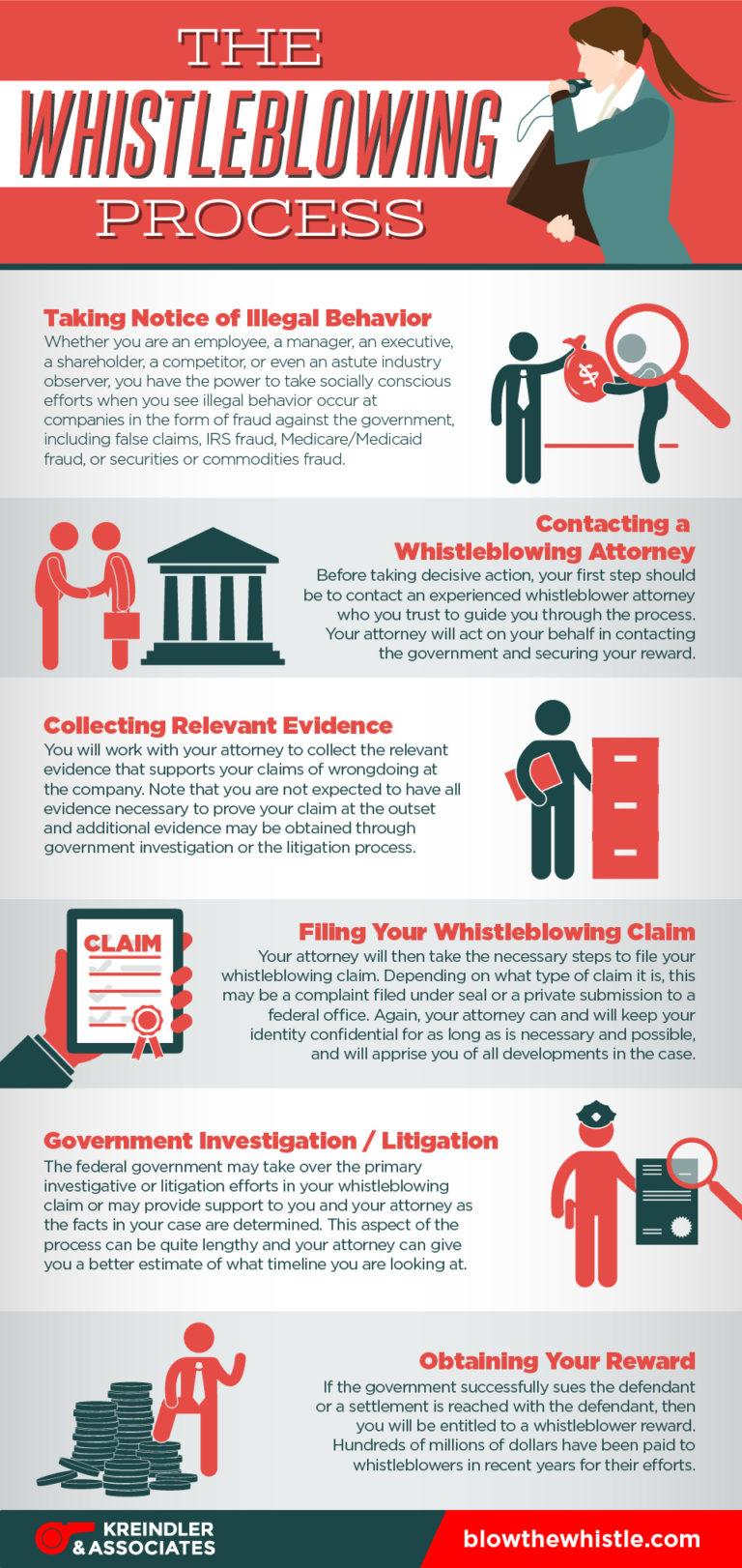Sharing A Whistleblower Scenario Presentation
| Introduction to Whistleblower Scenarios | ||
|---|---|---|
| Whistleblower scenarios involve individuals who expose wrongdoing or unethical behavior within an organization. Whistleblowers play a crucial role in promoting transparency and accountability. Sharing a whistleblower scenario requires careful consideration to protect the whistleblower's identity and ensure their safety. | ||
| 1 | ||
| Identifying Whistleblower Scenarios | ||
|---|---|---|
| Whistleblower scenarios can include fraud, corruption, safety violations, discrimination, or any other form of misconduct. Identifying potential whistleblower scenarios involves observing irregularities, suspicious activities, or receiving credible tips. An effective reporting system should be in place to encourage employees to come forward with their concerns. | ||
| 2 | ||
| Protecting the Whistleblower's Identity | ||
|---|---|---|
| Whistleblowers often fear retaliation, which can include job loss, harassment, or even physical harm. Confidentiality is crucial in protecting the whistleblower's identity and ensuring their safety. Implementing secure reporting channels, such as anonymous hotlines or encrypted platforms, can help safeguard the whistleblower's anonymity. | ||
| 3 | ||
| Assessing the Credibility of the Whistleblower | ||
|---|---|---|
| It is essential to evaluate the credibility of the whistleblower and the information provided. Gathering additional evidence or conducting internal investigations can help validate the whistleblower's claims. Independent third-party experts can be involved to ensure impartiality and objectivity in the assessment process. | ||
| 4 | ||
| Reporting the Whistleblower Scenario | ||
|---|---|---|
| Once a whistleblower scenario is identified and assessed, it should be reported to the appropriate authorities or internal departments. Organizations should have clear reporting procedures in place, outlining who to contact and how to share the information. Reporting should be done promptly to prevent any further harm or damage caused by the misconduct. | ||
| 5 | ||
| Communication with the Whistleblower | ||
|---|---|---|
| Maintaining open lines of communication with the whistleblower is crucial throughout the process. Regular updates should be provided to the whistleblower regarding the progress of the investigation or actions taken. Whistleblowers should be assured of their protection and encouraged to provide any additional information or insights. | ||
| 6 | ||
| Handling Repercussions and Retaliation | ||
|---|---|---|
| Organizations must have policies in place to protect whistleblowers from retaliation. Swift and appropriate action should be taken against any individual or group found to be engaging in retaliation. Establishing a supportive environment where employees feel safe to report misconduct is essential for preventing retaliation. | ||
| 7 | ||
| Legal and Ethical Considerations | ||
|---|---|---|
| Sharing a whistleblower scenario involves legal and ethical responsibilities. Organizations must comply with laws protecting whistleblowers, such as the Whistleblower Protection Act. Ethical considerations include balancing the need for transparency with maintaining confidentiality and privacy. | ||
| 8 | ||
| Raising Awareness and Promoting a Whistleblower Culture | ||
|---|---|---|
| Organizations should actively promote a culture that encourages employees to report misconduct without fear of reprisal. Training programs and awareness campaigns can educate employees about their rights and the available reporting channels. Recognizing and rewarding whistleblowers can further promote a positive whistleblower culture. | ||
| 9 | ||
| Conclusion | ||
|---|---|---|
| Sharing a whistleblower scenario is a complex process that requires careful planning and consideration. Protecting the whistleblower's identity, assessing credibility, and taking appropriate action are vital steps. By fostering a supportive environment and promoting transparency, organizations can create a culture that values and protects whistleblowers. | ||
| 10 | ||
| References (download PPTX file for details) | ||
|---|---|---|
| Smith, J. (2019). The importance of whistlebl... United States Department of Labor. (n.d.). Wh... Transparency International. (2019). Whistlebl... |  | |
| 11 | ||



